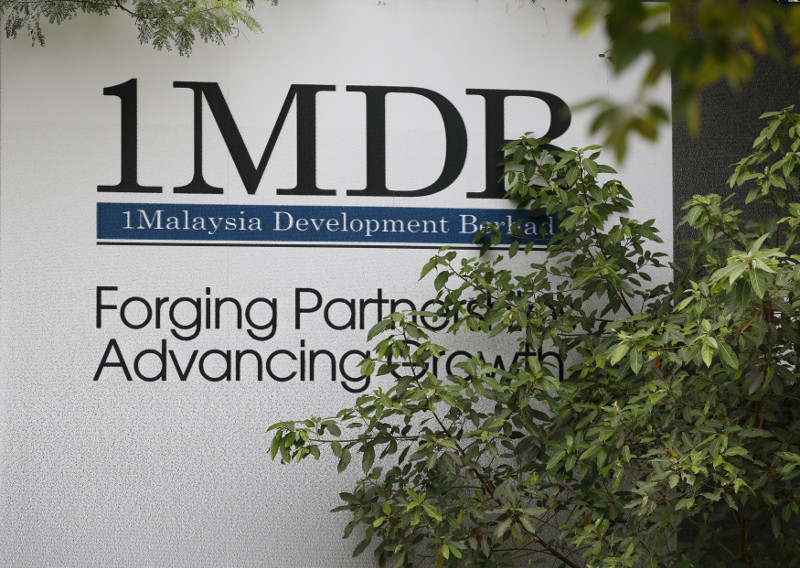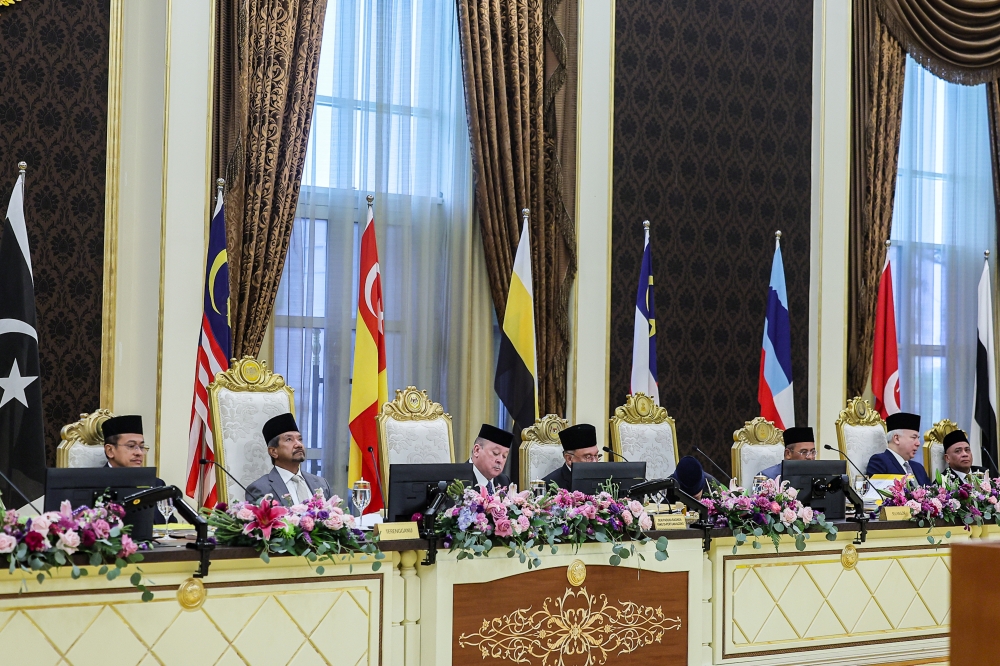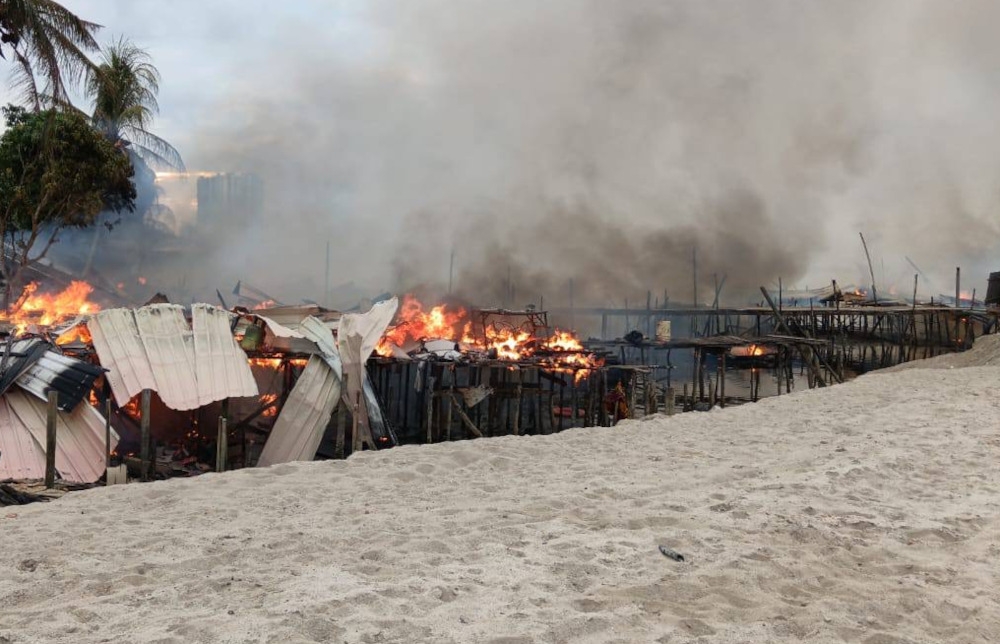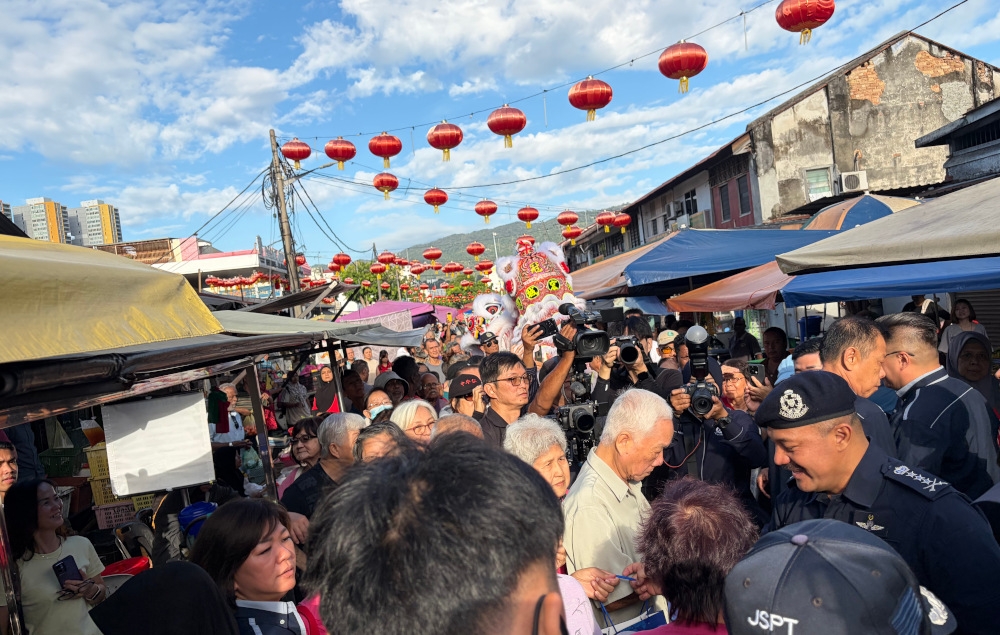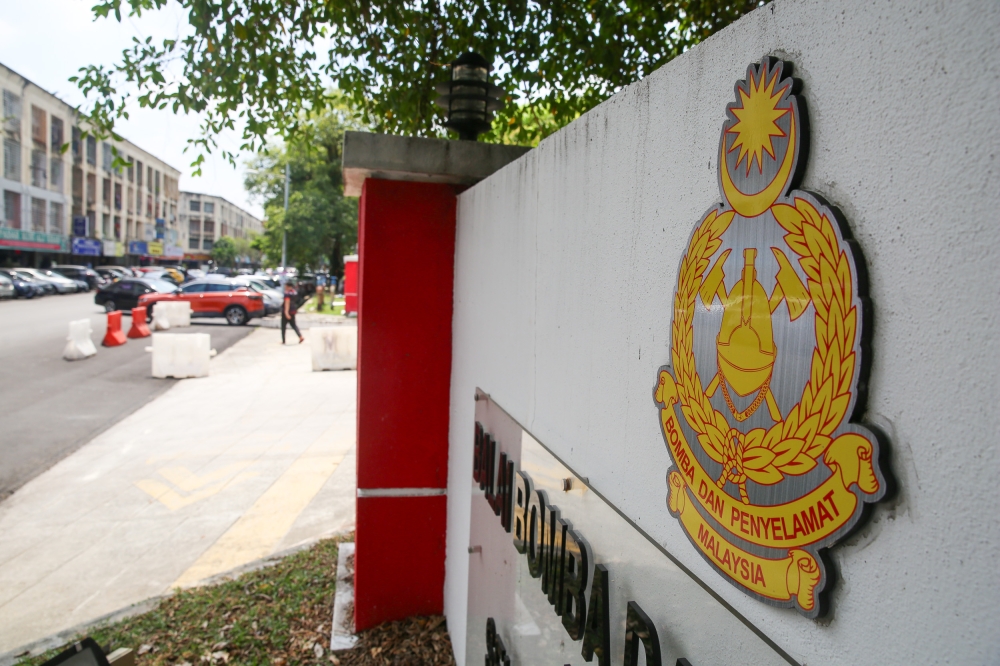KUALA LUMPUR, Sept 26 — The 1Malaysia Development Board (1MDB) received nothing in return from a US$1 billion (RM3.4 billion) purported “investment”, in a deal done that saw funds transferred for a joint venture with alleged business partner PetroSaudi International Ltd (PSI), the High Court heard yesterday.
1MDB’s former CEO Datuk Shahrol Azral Ibrahim Halmi gave a shocking account of how the deal and two transactions were rushed through, based on his understanding and as allegedly relayed by businessman Low Taek Jho that this was purportedly a high-level government-to-government deal between Malaysia and Saudi Arabia.
Shahrol also shared how 1MDB’s directors had flagged the need for speed and questioned certain arrangements and asked for corrective action, but also indicated how these were not fully taken into account or implemented.
Shahrol was testifying as the ninth prosecution witness against former prime minister Datuk Seri Najib Razak on the 13th day of the latter’s corruption trial involving 1MDB money.
How it started
The speedy joint-venture deal was concluded just one month from when it was first proposed in an August 28, 2009 letter from PSI CEO Tarek Obaid to Najib.
Shahrol said the letter referred to a July 2009 meeting between Najib and the late Saudi ruler King Abdullah Abdulaziz Al-Saud for closer bilateral ties between Malaysia’s and Saudi’s companies, and an August 2009 meeting between Najib and the Saudi ruler’s son Prince Turki.
Shahrol confirmed the one-month deadline fixed by PSI for the US$2.5 billion joint venture deal to be signed with 1MDB, noting: “PSI also required the joint venture deal to be signed on or before September 28, 2009. This is one of the reasons why 1MDB later faced time pressures to comply with the date fixed.”
Lead prosecutor Datuk Seri Gopal Sri Ram read out an excerpt from the August 28, 2009 letter to Najib, where PSI said it was looking forward to finalising the JV and “is ready to sign unto the partnership by September 28, 2009” as a further indication of its “seriousness and trust in Malaysia/1MDB as a key partner”.
Sri Ram then asked if Shahrol had received any instructions from Najib not to meet the targeted JV signing date of September 28, to which Shahrol replied: “Absolutely not.”
At the time of the August 2009 letter, 1MDB had yet to change its name from the Terengganu Investment Authority (TIA) Berhad. (According to the Companies Commission of Malaysia, TIA was only renamed to become 1MDB on September 25, 2009, which is 10 years ago from yesterday).
Why the haste and the two-day deadline
In a September 18, 2009 meeting to present the proposed 1MDB-PetroSaudi joint venture under the name of “Project Aria”, TIA executive director of business development Casey Tang had explained the idea to TIA’s board of directors to obtain their approval.
Based on the minutes of the special board meeting, TIA former CEO Shahrol said Tang had claimed to TIA’s director that PSI was under the Saudi king’s ownership since 2000.
Shahrol said TIA director Tan Sri Azlan Bin Mohd Zainol had questioned the need for the joint-venture to be quickly formed, noting that Tang had then claimed that there would be a ceremony to ink the deal with PetroSaudi with PSI adviser Prince Turki and the Saudi king to both purportedly sign on. (Spoiler: But this ceremony never happened, and Prince Turki, the Saudi king, and Najib were not the ones who signed the deal.)
Tang was the officer in TIA and later 1MDB that was tasked with handling the 1MDB-PSI JV.
Shahrol said PSI had also set up the JV company named 1MDB PetroSaudi Limited even before the JV agreement was signed, adding that the purpose of doing so was as “early preparation” to open a bank account where 1MDB’s funds would be transferred to.
“This is because PSI had fixed the deadline for the transfer of money to obtain shares in the JV company, which is only two days after the signing of the agreement with PSI. This period is very short and all preparations such as the opening of account and also the formation of the company have to be done first,” Shahrol said.
The JV company was formed on September 18, 2009 in the British Virgin Islands which Shahrol said he did not find as suspicious, as he had no experience in this.
1MDB’s directors signed on September 25, 2009 a directors circular resolution to approve the opening of a joint bank account under the JV company’s name at the bank BSI in Switzerland.
The Najib ‘call’

Just two days before the JV deal was signed, 1MDB held a special board of directors meeting on September 26, 2009 to decide on whether to approve the deal to pair up with PSI for a JV company.
But just before the September 26 meeting started, Low who was speaking on his handphone handed it to 1MDB board chairman Tan Sri Mohd Bakke Salleh, with the latter stating “PM” or prime minister while taking the call.
“Soon after, he sat down and told all the 1MDB board of directors that the joint venture with PetroSaudi International has reached the highest levels between two countries that is government to government and has been continued on since from before.
“PM that is Datuk Seri Najib ordered that this JV decision be expedited as there will be a visit from the Saudi royal family where this agreement will be signed by both countries,” Shahrol told the court.
He added that he believed the call was to convince the directors who had raised doubts previously about the deal such as the 60-40 share ratio and wanting an independent valuation of or site visit to PSI’s assets.
In PSI’s proposed US$2.5 billion JV, 1MDB was to inject US$1b cash to obtain a 40 per cent share, while PSI would hold the remaining 60 per cent share by investing assets with value of US$1.5 billion.
Shahrol signed the JV agreement dated September 28, 2009 in his office, while Obaid later signed it separately at an unknown location on behalf of PetroSaudi Holdings (Cayman) Ltd.
Shahrol said the agreement had been handled by 1MDB’s law firm Wong & Partners, Low and Tang, explaining among other things: “I was not suspicious at all of the name PetroSaudi Holdings (Cayman) Ltd that was different from the name PetroSaudi International Ltd as it was prepared by a 1MDB officer who was an expert with the help of famous lawyers.”
Citing the time pressure with the deadline which he believed was agreed to by the Malaysian and Saudi governments and as there were previously no mentions of the JV company owning any debts, Shahrol said he had not checked the content of the JV agreement when signing it.
What happened to 1MDB’s US$1b
Having started life as a RM2 company in February 2009, TIA had raised funds by borrowing money via a RM5 billion bond, which eventually left 1MDB with only nearly RM4.4 billion to use after accounting for the bank’s fees and bond-flipping by two companies allegedly owned by Low.
Of the RM4.4 billion, Shahrol said US$1 billion (about RM3.3 billion or RM3.4 billion) was earmarked for the JV, while noting that 1MDB still had to pay over RM100 million in interest for the RM5 billion bond every six months (March and September each year).
On September 30, 2009 which was when 1MDB had to pay US$1 billion into the JV company’s BSI bank account to secure its 40 per cent stake, Shahrol said he abruptly received an email from PSI’s law firm White & Case to instead transfer the US$1 billion into two new bank accounts.
PSI’s lawyers had asked 1MDB to transfer US$300 million to the JV company’s JP Morgan account in Switzerland, and to transfer US$700 million into an RBS Coutts account over a purported US$700 million loan given on September 25, 2009 by Petrosaudi Holdings (Cayman) Limited to the JV company.
Shahrol said the PSI law firm had given the two bank account numbers without providing the names of the account holders, adding that PSI’s September 29, 2009 letter to the JV over the purported September 25, 2009 loan had only given the RBS Coutts account number stated to be purportedly held by PSI’s “affiliate”.
After instructing Deutsche Bank to carry out the fund transfers and receiving a query on the RBS Coutts account, Shahrol said he had texted Low who informed him that it belonged to Good Star Limited.
Shahrol said that 1MDB never had any business dealings with Good Star throughout his time as 1MDB CEO, but confirmed that 1MDB had made both transfers of US$300 million to the JV company and US$700 million to Good Star on September 30.
The prosecution had on Day One of Najib’s 1MDB trial said that it will prove Good Star is a company owned and controlled by Low, and had also said it will show that US$20 million of the US$700 million sent to Good Star eventually ended up allegedly with Najib.
The upset board
Shahrol called for a 1MDB board meeting on October 3, 2009, to provide updates on the JV, but noted 1MDB chairman Bakke had questioned why the US$1 billion was not placed directly into the JV company’s accounts and remained “dissatisfied and angry” despite Shahrol’s efforts to explain the US$700 million to Good Star based on Low’s explanations.
Bakke had also ordered both Shahrol and Tang to recover the US$700 million transferred into Good Star’s account, as it was not placed in a valid JV bank account.
In the October 3 meeting, the 1MDB board raised multiple concerns including how it was not consulted of the sudden change in plans on the US$1 billion and how the JV was done in a very short time.
The 1MDB board then decided on six instructions including to get an independent valuer for PSI’s alleged US$1.5 billion worth of oil fields in Argentina and Turkmenistan, and for the 1MDB management to seek the return of the US$700 million in order to transfer the money through the originally-agreed channel.
Both Shahrol and Tang had then went to London immediately to meet with PSI senior officials Tarek Obaid and Patrick Mahony to ask for the return of the US$700 million back into 1MBD official accounts, but the latter two had outright refused due to reasons that the assets that they put forward in the JV company was legitimate and of high value, and that a return of the sum would lead to a “breach of contract”.
Shahrol said he had provided updates in a 1MDB board meeting on October 10, 2009, but noted that Bakke remained dissatisfied with the explanations given.
“Not long later, Tan Sri Bakke resigned as director at 1MDB on October 19, 2009. I don’t know the actual reason he resigned, but I feel that it is possible he was not satisfied with what happened during this joint venture,” he said.
When asked by Sri Ram if the US$700 million to Good Star had provided any benefit at all to 1MDB and whether the US$300 million paid to the JV company provided any immediate income, Shahrol yesterday replied “No” for both instances.
The trial, where Najib is facing 25 criminal charges, will resume this morning before High Court judge Collin Lawrence Sequerah.


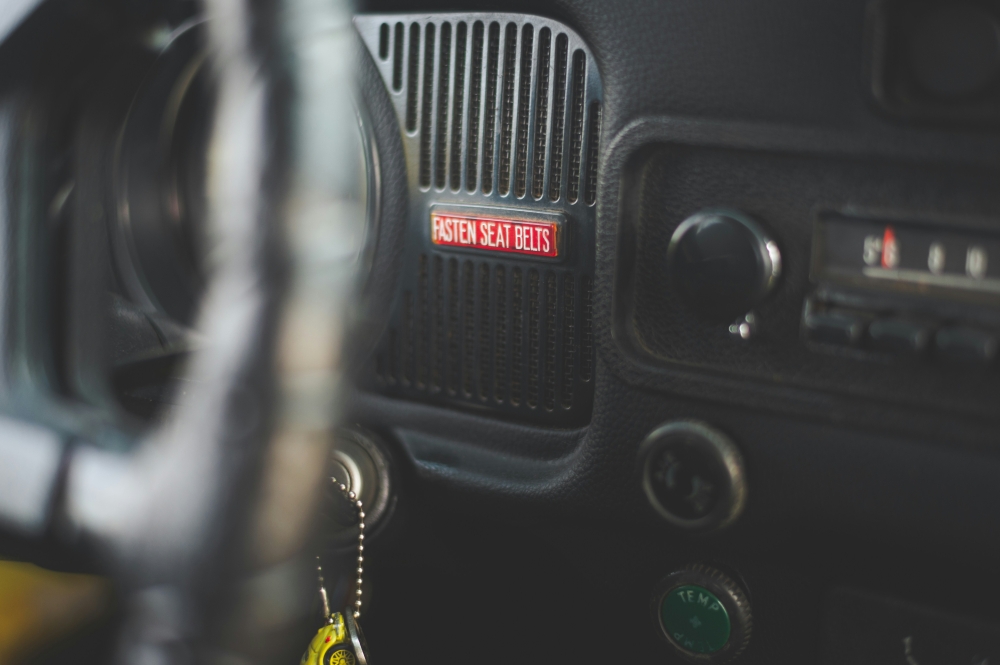
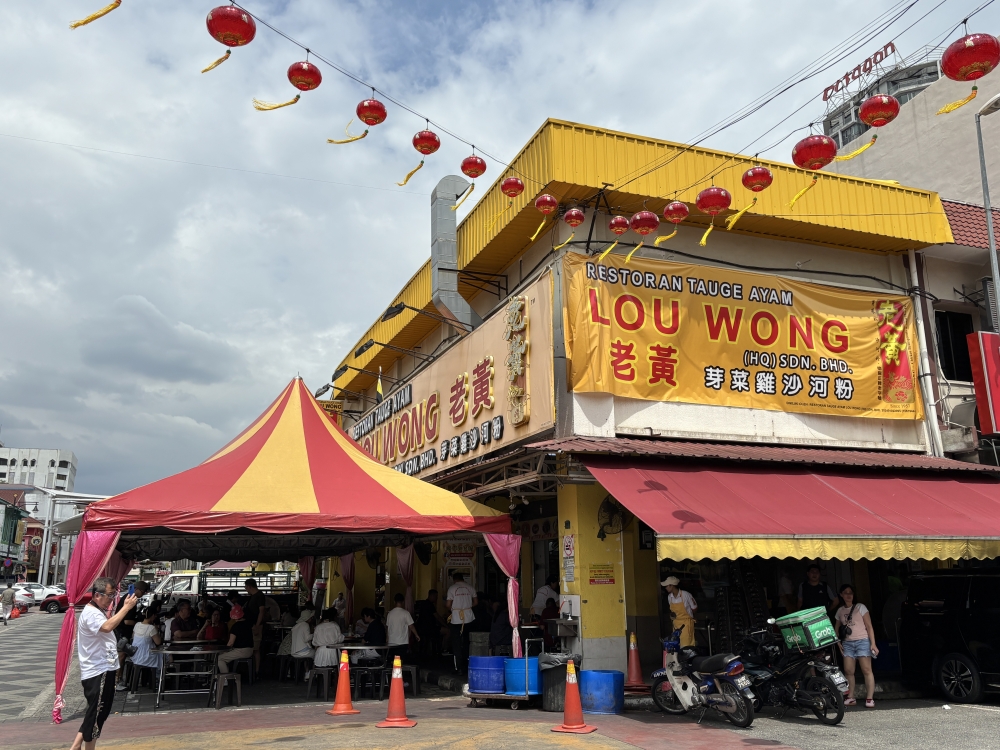
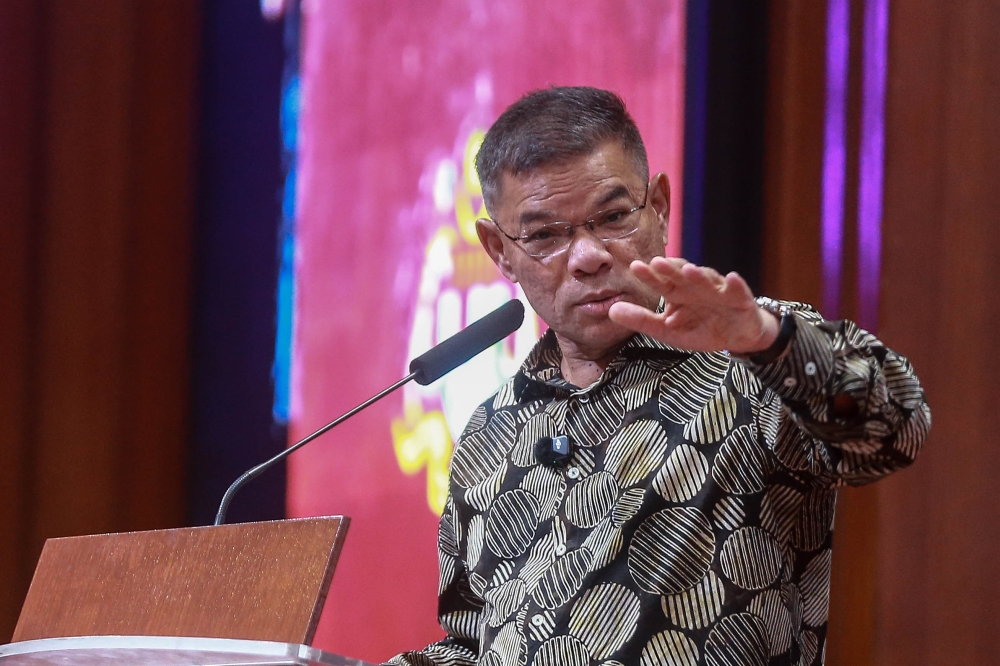
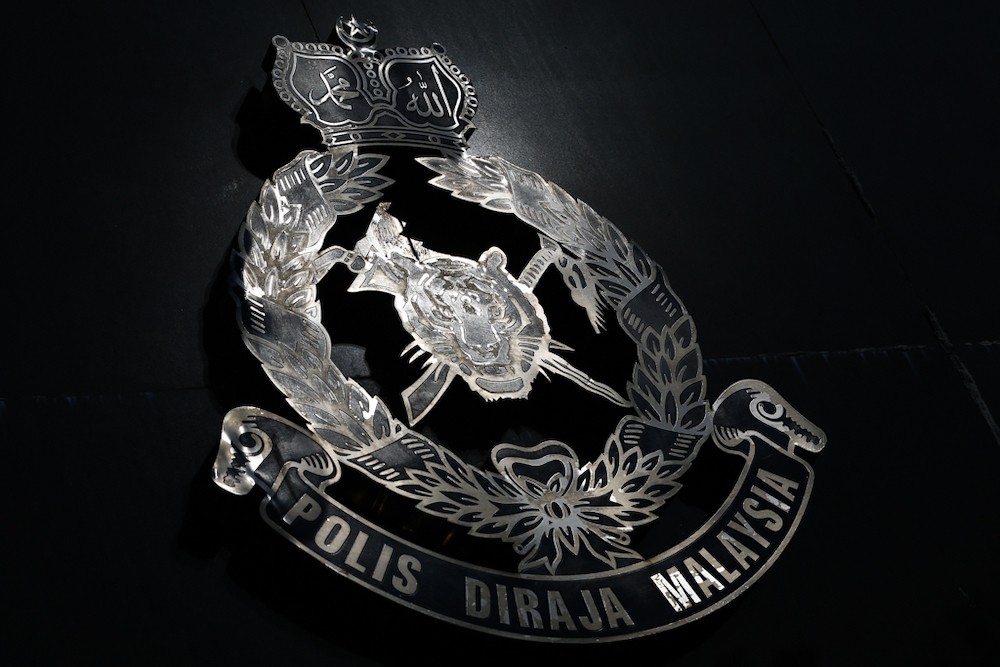
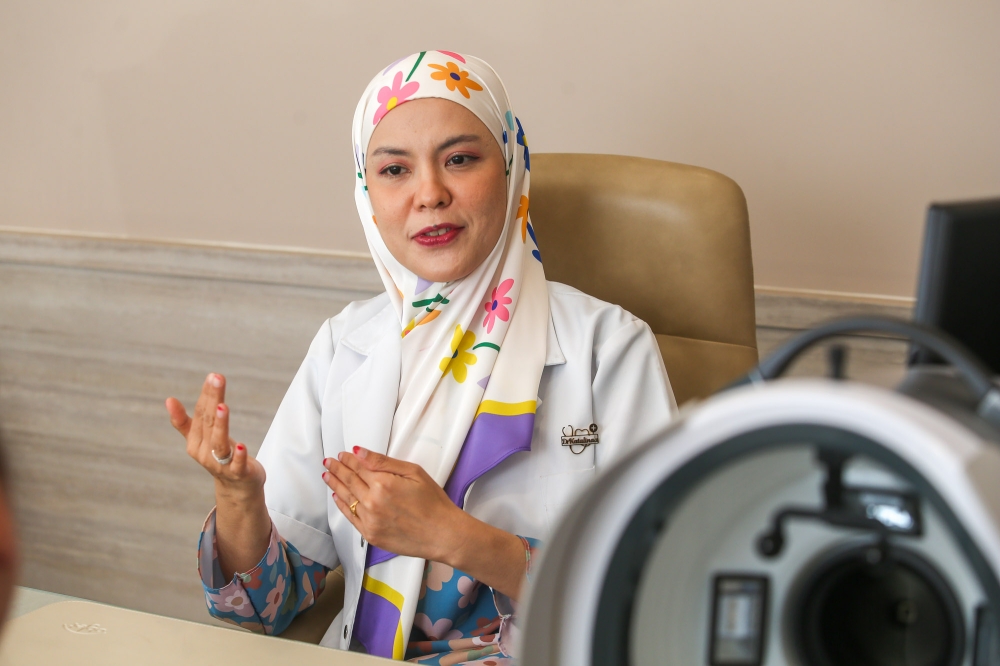
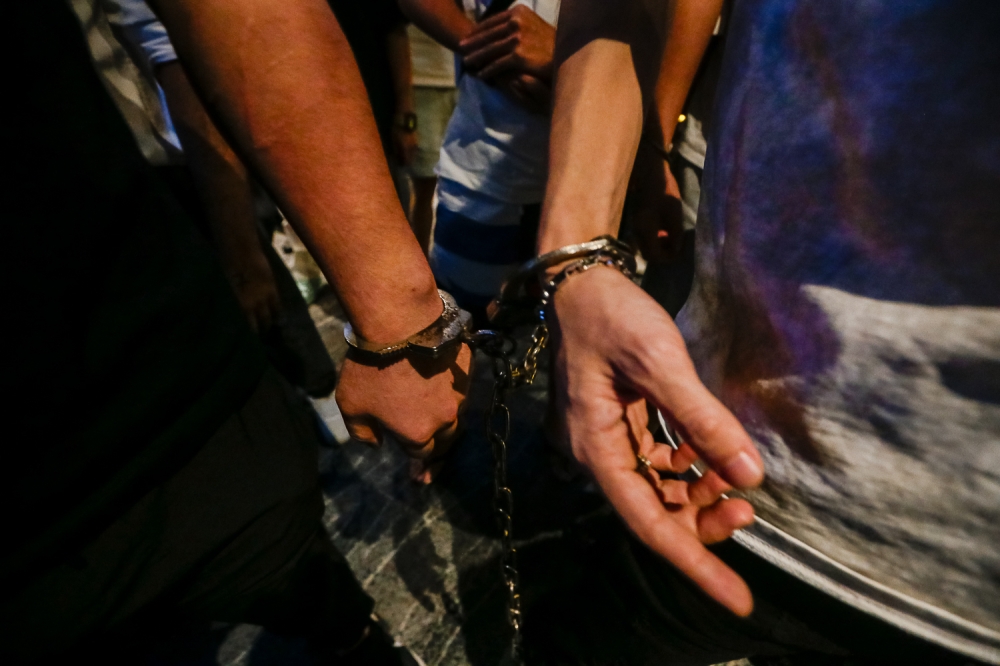

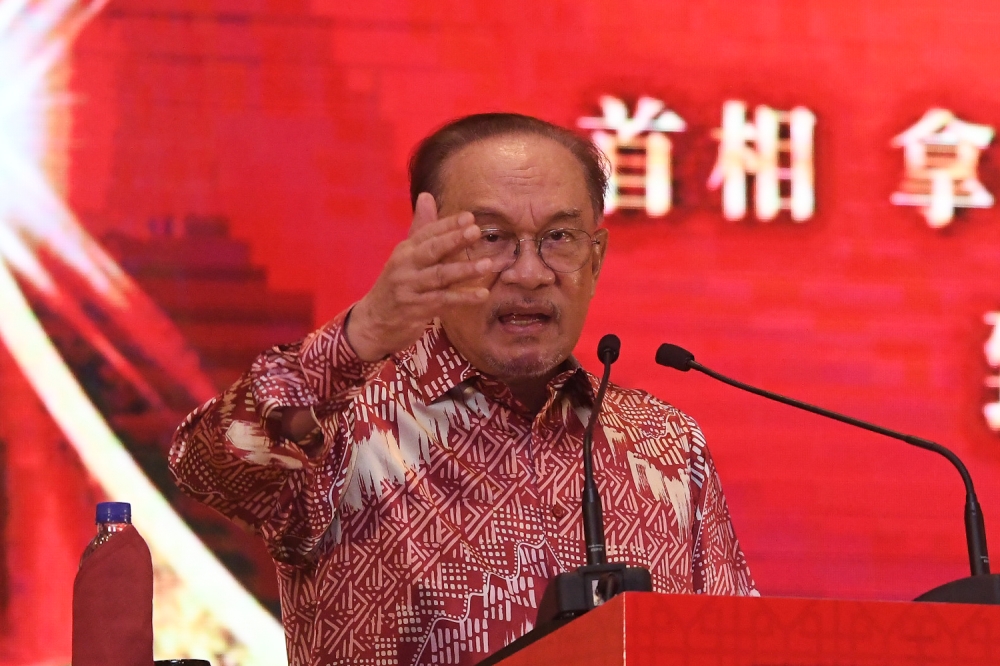
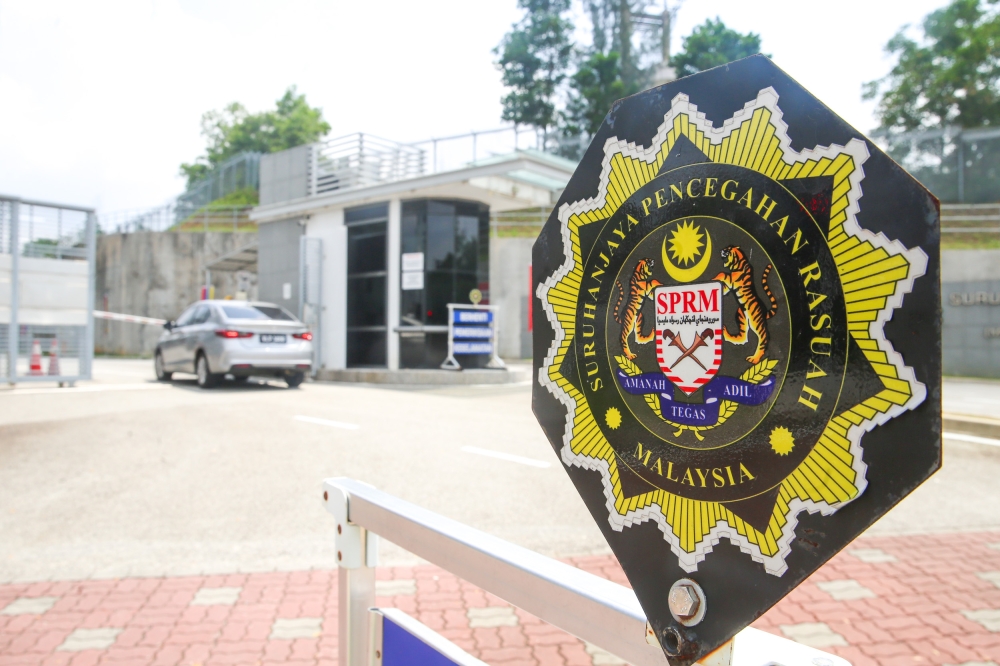
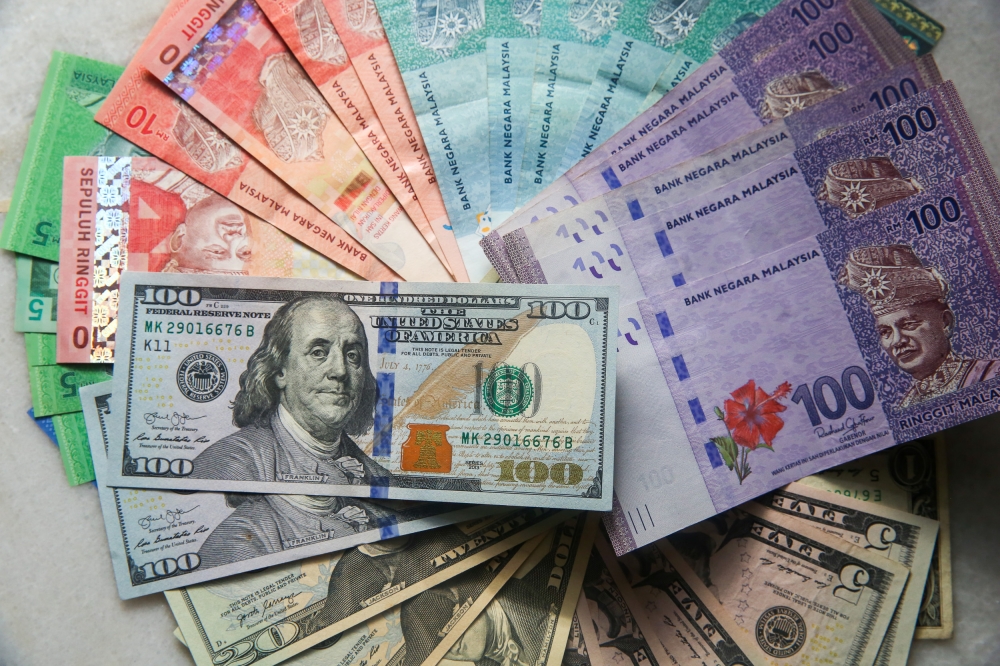
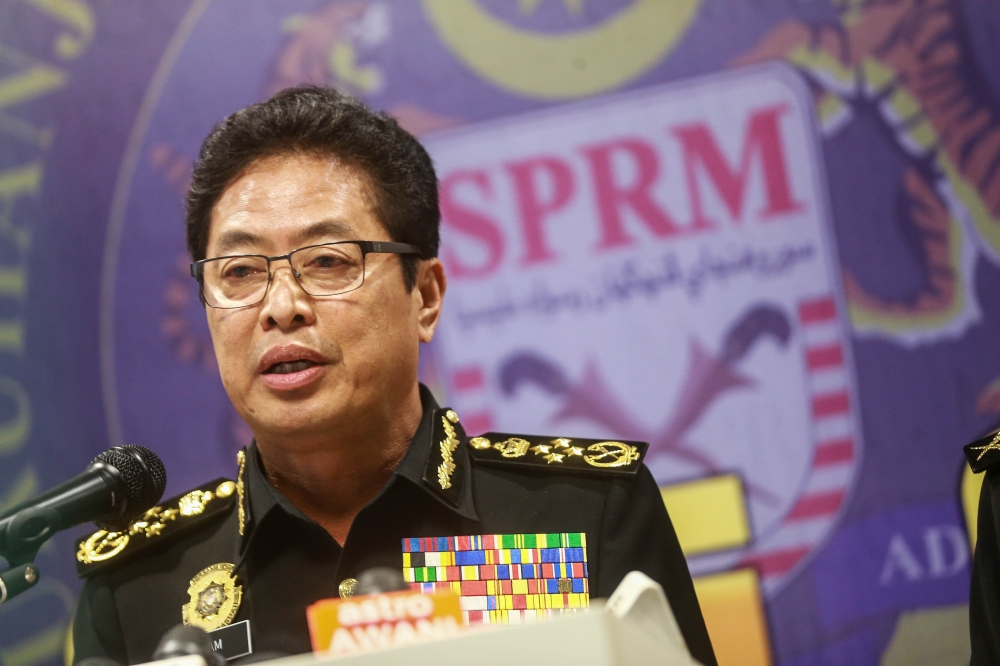
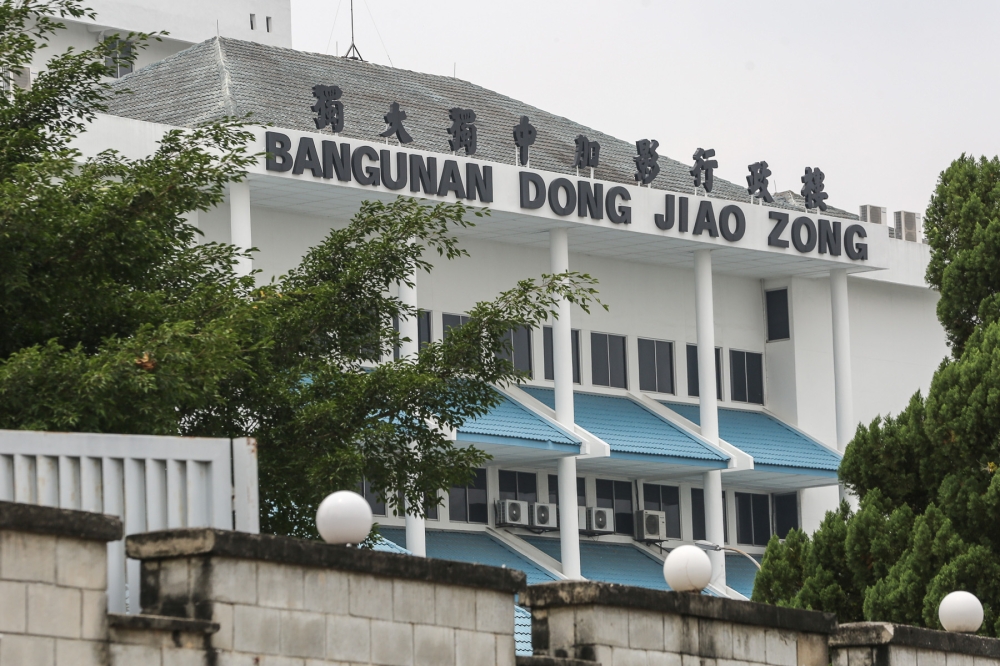

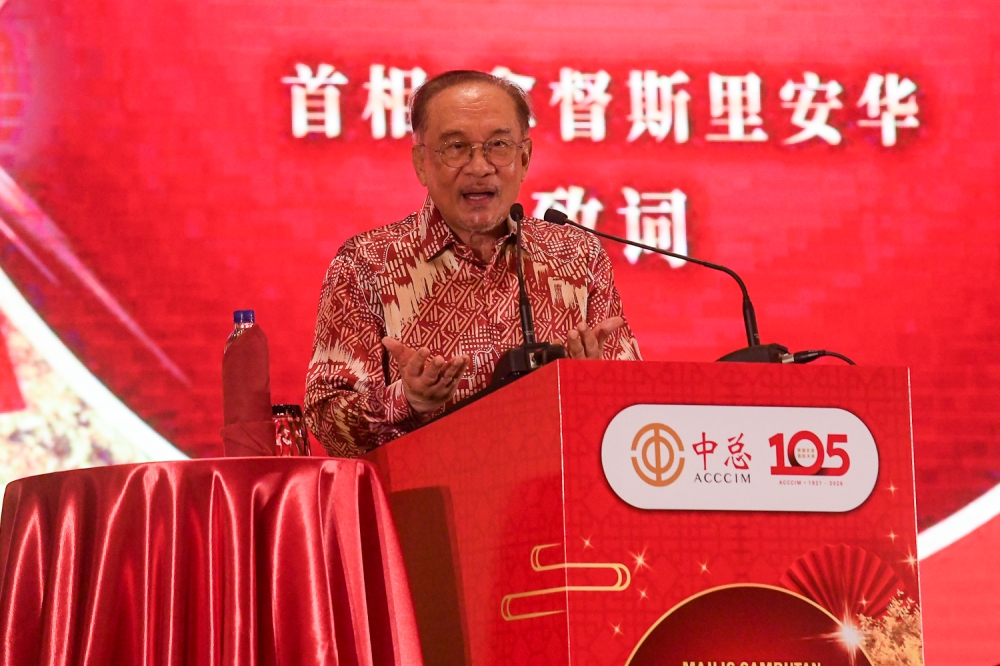
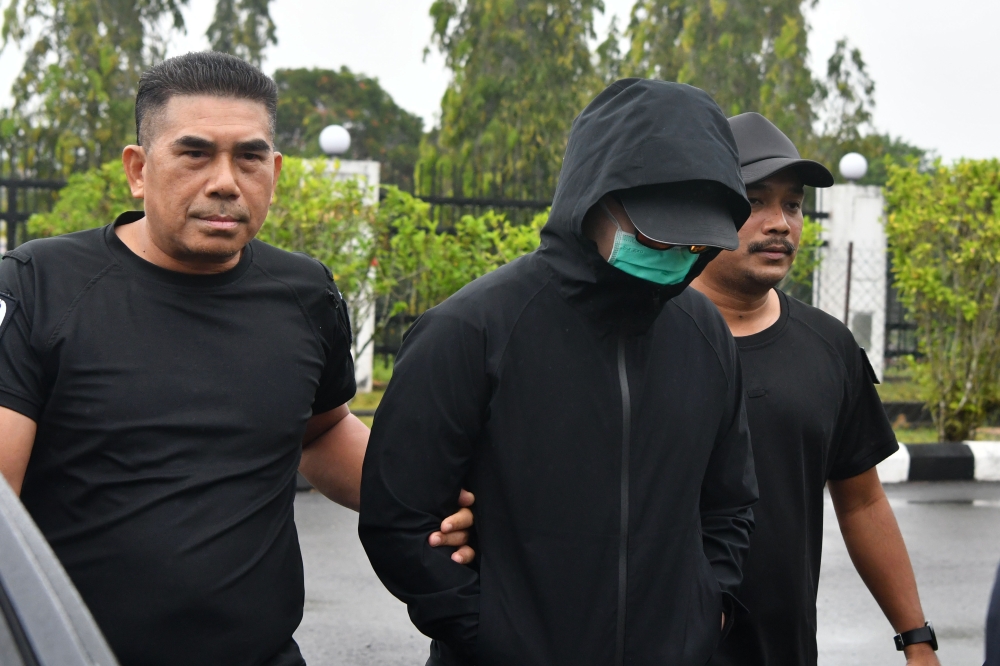
.jpg)
